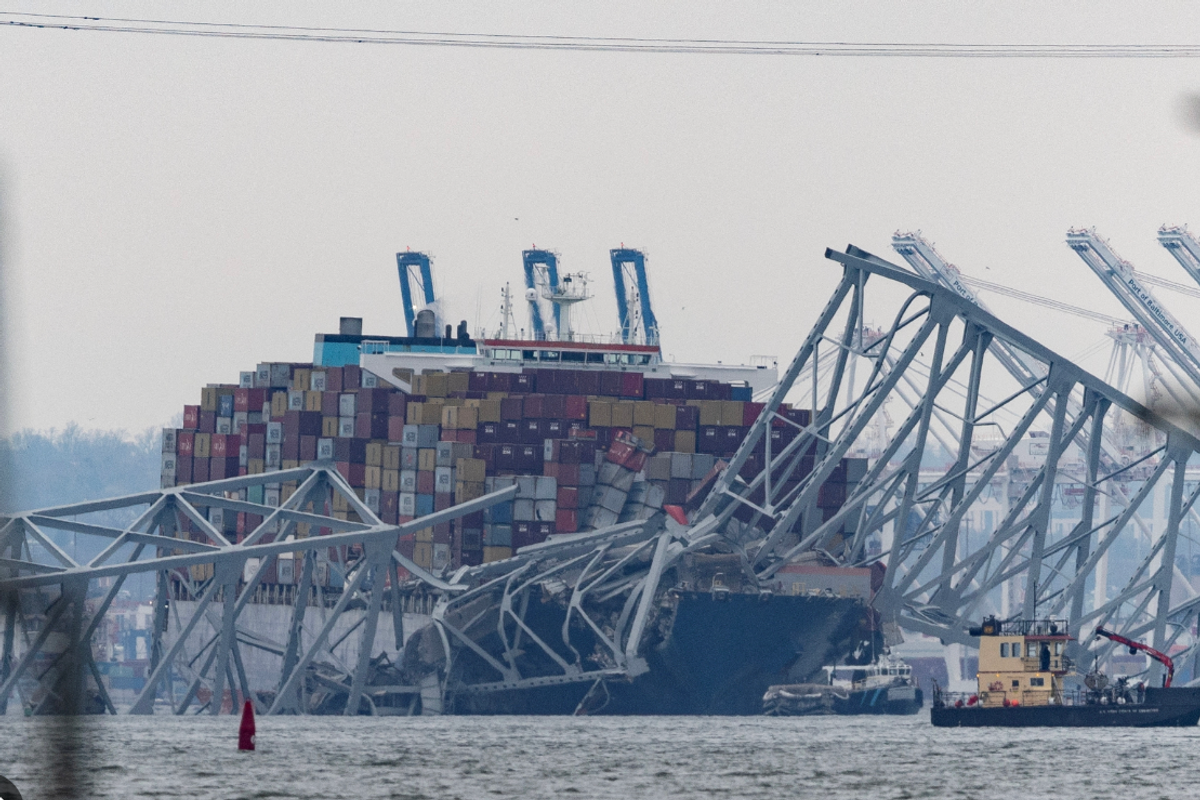
By Paul Richter, Tribune Washington Bureau
WASHINGTON — World powers and Iran began a final three-week push in Vienna on Wednesday for a historic nuclear agreement, with the two sides still separated by a wide gulf and accusing each other of standing in the way of progress.
After five earlier rounds of talks this year, three key issues remain: the number of centrifuges Iran can operate after the deal; the duration of the agreement; and the schedule for lifting international sanctions on Iran’s economy.
As anticipation has built, Iranian Foreign Minister Mohammad Javad Zarif and Secretary of State John Kerry each weighed in this week with op-ed articles warning the other side that it needed to abandon its illusions and make concessions.
Zarif said Iran is willing to provide guarantees that it is not seeking a nuclear bomb-making capability, but would not give up its technological advances. “No one can do away with them with a magic wand,” he wrote.
He complained about “hysterical” anti-Iran lobbying campaigns in the United States, and urged the West not to miss another opportunity to finally resolve the issue.
Iran hopes to convince world opinion that if the deal-making collapses, it is because the United States and its allies never wanted a deal. That conclusion would make it easier for Iran to push major world powers to abandon the tough sanctions that have sharply restricted its oil sales.
The two sides reached an impasse on the major issues in May, and were unable to make progress in a five-day June meeting. Some diplomats have pushed to have this month’s meetings wrap up in two weeks in an apparent effort to build pressure for a resolution before the July 20 deadline.
Diplomats from other delegations, including the British and Russians, are now saying the talks will continue for the first three weeks of the month.
Many other observers, including Israeli officials, are predicting that the talks will not be finished by the 20th, and will spill over for a few weeks at a minimum and perhaps for as much as six months.
In a sign of the stakes for President Barack Obama, the U.S. delegation now includes both the State Department’s No. 2 diplomat, Deputy Secretary William J. Burns, and the No. 3, Undersecretary Wendy Sherman.
Aides say Obama is watching with intense interest, and giving instructions.
Kerry, and foreign ministers of the other world powers — Britain, France, Germany, China, and Russia — are expected to arrive in short order if a deal is close.
AFP Photo/Atta Kenare
Interested in world news? Sign up for our daily email newsletter!


